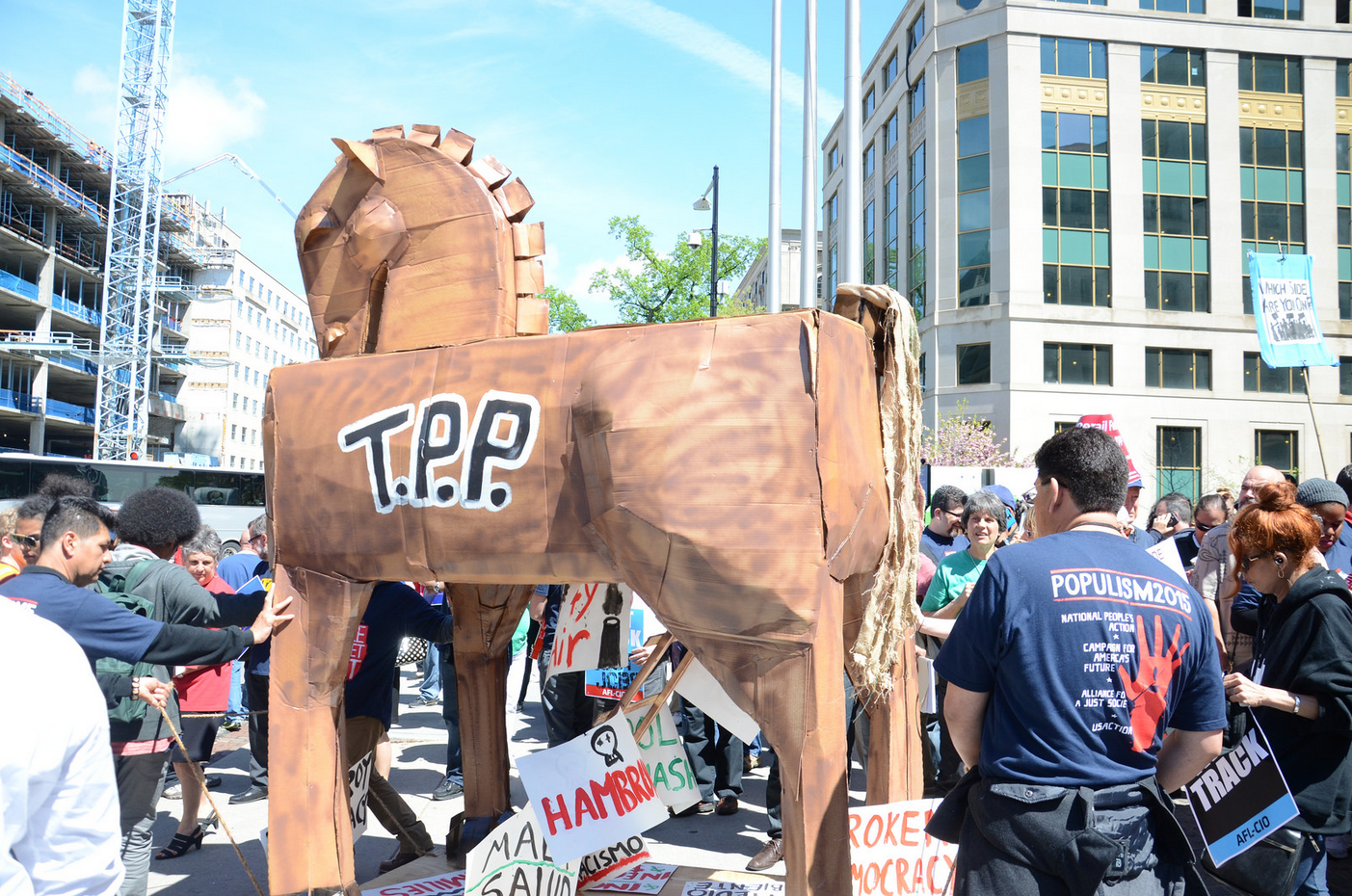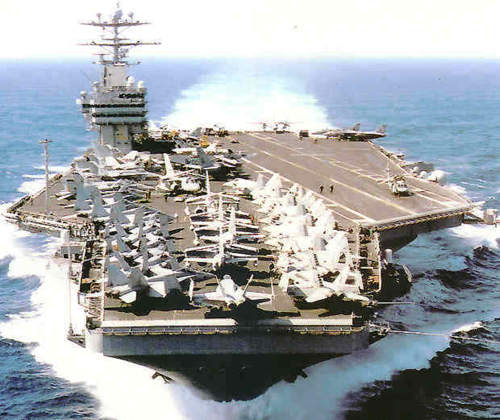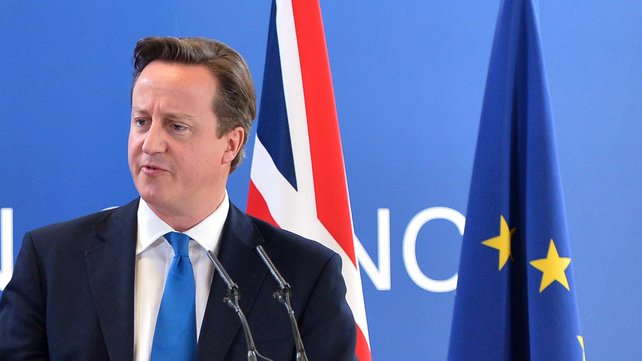In a joint press conference with Vietnamese President Tran Dai Quang in Hanoi, President Obama affirmed his confidence in the Trans-Pacific Partnership (TPP) and its ability to successfully pass the arduous process of obtaining Congressional support. In full, the president stated,”[I] remain confident we are going to get it done, and the reason [I am] confident is because it is the right thing to do. It’s good for the country, it’s good for America, it’s good for the region, it’s good for the world”.
While such a statement, by virtue of its conviction, implies that the passage of the TPP is a foregone conclusion, the political environment in the United States casts doubt on such a proposition. In any fair-minded observation of the current presidential race, one can see a globalization/anti-globalization cleavage emerge from among the candidates of both parties.
Presumptive Republican nominee Donald Trump, contrary to the mainstream Republican tendency towards free trade, is skeptical of the Trans-Pacific Partnership. According to Trump, the TPP is a “horrible deal” that “[is] designed for China to come in, as they always do, through the back door and totally take advantage of everyone.” Trump also criticized the agreement for its failure to explicitly acknowledge the issue of Chinese currency manipulation. Senator Rand Paul provided a sensible rejoinder to these comments stating that Mr. Trump’s criticisms are unfounded on the basis that China is not a part of the Trans-Pacific Partnership.
Bernie Sanders is also opposed to the TPP. On his senatorial website, he published a brief statement explaining his position. In his view, the “Trans-Pacific Partnership is a disastrous trade agreement designed to protect the interests of the largest multi-national corporations at the expense of workers, consumers, the environment and the foundations of American democracy”. Sanders criticized the agreement for being written behind closed doors by corporate interests and with the wholesale exclusion of Congress and the citizenry. Sanders stated that the TPP will result in the estimated loss of 130,000 American jobs to Vietnam and Japan alone. He also argues that the TPP will undermine America’s sovereignty, lead to the increase of drug prices, degrade the environment, and threaten food safety standards.
Hillary Clinton, despite expressing pro-TPP statements on a reported forty-five occasions during her tenure as Secretary of State, has now assumed an opposition stance. In 2012, Clinton was quoted as saying that the “TPP sets the gold standard in trade agreements to open free, transparent, fair trade, the kind of environment that has the rule of law and a level playing field” and that it will “cover 40 percent of the world’s total trade and build in strong protections for workers and the environment.” In her 2010 ‘Remarks on United States Foreign Policy’ to the Council on Foreign Relations, she stated that the TPP “will help create new jobs and opportunities here at home”. However, in a 2015 interview with PBS Newshour, Clinton withdrew her support for the agreement stating that it neglected to meet the “high bar [she] has set”, presumably in her role in the Obama Administration negotiating its contents.
These political positions reflect the desires, grievances and tempers of large segments of the American voting public. Globalization and trade liberalization, despite the optimism through which these notions were once expressed, have had negative consequences for many Americans. According to a 2011 paper published by the Economic Policy Institute, international trade depressed the wages of non-college educated workers by approximately 5.5% ($1800). The anti-TPP position will be crucial in winning the votes of organized labor, the lower middle class and those in general opposition to the perceived cozy relationship between Washington and Corporate America.
The upcoming election will be decided largely by wages and economic insecurity. This will be especially true in battleground states in the American industrial heartland, a region that has historically been a kingmaker in many electoral contests. For example, according the University of Virginia’s Center for Politics, Ohio has had the highest percentage of picking presidential winners since 1896 (28 out of 30 elections). Considering the above, one can reasonably deduce that the American political environment in its present state will hardly be propitious for the passage of the Trans-Pacific Partnership and similar legislation.
Image Courtesy of AFGE, WikiCommons (Licensed under CC-BY-2.0).
Disclaimer: Any views or opinions expressed in articles are solely those of the authors and do not necessarily represent the views of the NATO Association of Canada.




